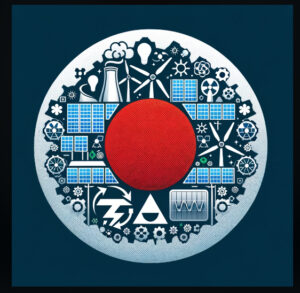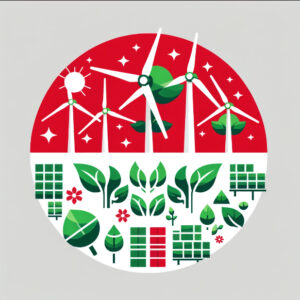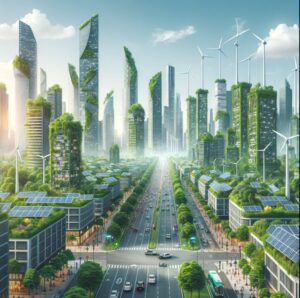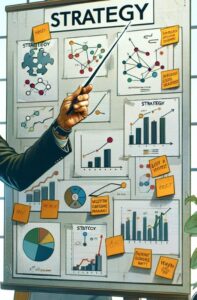Perspectives
France is accelerating its energy transition to meet its 2050 net-zero target. This includes reducing nuclear energy’s share, closing coal plants, and boosting renewable energy and efficiency. The focus is on modernizing the nuclear fleet, expanding renewables, and implementing energy storage solutions to ensure a sustainable and secure energy future.










